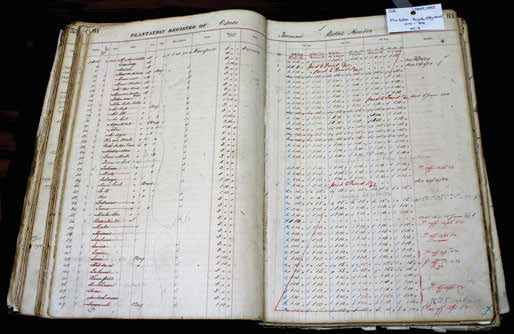
Polynesian Immigrants Records 1876-1914
Fiji - National Archives of Fiji
Story
The Polynesian Immigrants Records are records of the indentured Pacific Islands labourers who were brought to Fiji as labourers. The first ship load of labourers arrived in Fiji in 1864 but records did not start until 1876. During this period the Pacific islands of New Hebrides (Vanuatu), Solomon Islands, Banks and Torres Straits Islands, Gilbert Islands (Kiribati) and Papua New Guinea became a source of cheap labour for European plantation owners, with 23,000 labourers going to Fiji. Other labourers were sent to Queensland, Samoa and New Caledonia. This movement of people is often referred to as ‘black-birding’.
The records are the official immigration records of the period. They consist of general shipping records, agents and recruiters journals, plantation records and personnel documents and provide an insight into the plight of the ‘recruited’ indigenous islanders. They are an important source of genealogical information for more than 50,000 descendants of the labourers now living in Fiji. They also record and reflect the underpinning beliefs, ethics and priorities prevalent at the time when Fiji became a British Colony (1874) and a capitalist society developed.
The records are important for understanding Pacific and world history and the significant change that the movement of labour made to the lives of people in the Pacific region. They provide insights into the actions of Western powers seeking global influence and evidence of colonial policies made in response to the abolition of the slave trade and designed to meet the needs of plantation owners. Ultimately the labourers played a direct role in establishing significant infrastructure in Fiji.

